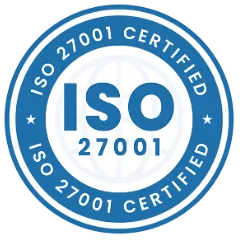Healthcare is one of the critical sectors that operate 24x7 whatever the situation, whether it is a localized crisis or a global pandemic like the Corona Virus contagion.
The Healthcare industry must manage its inventory in a most exigent environment to save time as well as money.
The Healthcare industry uses a huge quantum of specialized equipment, materials and medications to treat patients across its establishments, be it clinics, labs, medical centers, nursing homes, professional practitioners or hospitals.
Ethical Considerations for Healthcare Industry
When a pandemic breaks out and starts proliferating, the Healthcare industry has to be totally prepared and equipped in advance. These are critical times when the sector might experience shortages of pharmaceuticals and medical supplies required to treat infections and the illness with all its complications.
In such fire-fighting situations, there will always be a need for specialized equipment like ventilators and trained personnel to manage and maintain them efficiently.
For example, when the H5N1 virus struck the world, respirators were required in huge numbers. At the same time, they could not be stockpiled too in large numbers.
There is, of course, a high risk of patients dying due to a shortage or unavailability of medical resources. Therefore, supplies “ran out” should not come out as a major reason for medical mortalities.
Evidently, equipment and supplies like blood-related products, live organs, life-saving drugs, ventilators, defibrillators and the like are critical commodities and are also of high monetary value.
Also Read: Requirements of Asset Management Software in Pharma Industry
Why is Asset Management System essential for Healthcare Industry?
The Healthcare industry has a compelling need to implement an asset management software for all their existing materials, machines and supplies to maintain a proper tracking, operation, and distribution system. This has to be evaluated in the context of projected needs, manufacturing capacity, finances and so forth.
In a pandemic scenario, the manufacturing capacity of the industry is seriously challenged. At the same time, however, the capacity can be expanded, keeping in view the need of the times and demand for the product. It is very much akin to a war situation.
A digital asset management system in the healthcare industry helps greatly to manages equipment, trained personnel, invoices, remote teams, inventory, assets, etc. The system, with its automated processes and workflows, ably assists the organization in saving precious time and valuable resources.
Why is Efficiency so necessary for Healthcare Operations?
The efficiency of the healthcare industry is described as value-added and improved performance outcomes. Efficiency is crucial for operational continuity, optimization, and continuous improvement.
Cost-effectiveness and value for money are some of the other areas of concern for the efficient working of healthcare operations in order to achieve the larger secured and valued health system goals.
On the other hand, inefficient use of health system resources poses grave concerns for a number of reasons:
- It could deny health benefit to patients who were treated as they did not receive the best possible care available within the health system's resource limits;
- Consumption of excess resources and ineffective treatment may deny proper treatment to other patients who could have benefited had the resources been better utilized;
- Inefficient use of resources in the Health sector may lead to loss of consumption opportunities elsewhere in the economy;
- Wastage of resources on inefficient healthcare may reduce the public willingness to contribute to health services funding, thereby harming social solidarity, health system performance, and community welfare.

Key Elements of Operational Healthcare Asset Management in a pandemic scenario
- Planning - Planning of assets, when and where they are required to be deployed;
- Acquisition - Funding of assets and information of channel partners who might be involved;
- Operation and Maintenance - Assurance of properly maintained and adequately performing assets in a secure environment;
- Performance Management and Monitoring - Acquiring all requisite information for comprehensive management of assets;
- Disposal - Finding the best future use for an asset in the regulatory environment.
Also Read: Enhancing Surgery Kit Management Efficiency by 30% with Asset Infinity
Benefits of Asset Management System in tracking Medical Supplies
- The System enables the Healthcare industry to store and access all information related to the large quantum of medical equipment and supplies;
- It makes hospital maintenance easy and streamlined. For instance, whenever a new stock of supplies is received, the authorized people receive electronic information thus paving the way for effective management of the asset;
- The System updates the organization on maintenance, repair, and usage information. The purchase date can be tracked and the staff is regularly notified through alerts and notifications for any scheduled maintenance or end of warranty etc;
- In so far as matters of repair and maintenance are concerned, the asset management system can have customized fields as required, This ensures all repairs and maintenance tasks are carried out as per stipulated standards;
- Medications are categorized under perishable items (likely to decay or go bad quickly). In this regard, medication and blood bank inventories need to be tracked regularly to avoid their expiration and the resultant waste;
- As a result of proper tracking and management of medical materials and devices in a healthcare organization, the visibility and viability of such equipment and other supplies will increase, as they can be easily found, whenever and wherever needed. Consequently, the location of important equipment can be instantly tracked;
- Doctors and other healthcare providers deal with emergencies on a daily basis. Therefore, the availability of equipment is critical and that too on time. This obviously implies having a proper asset management system in place to make equipment available at all crucial times;
- When it comes to patient care, it is critical to keep accurate and real-time data with equipment, supplies, medication, and restocking of supplies. As such, healthcare organizations cannot take the risk of unavailable or less inventory especially when doctors are dealing with critical health issues;
- The inventory management system has the important feature of alerts and notifications to deal with situations whenever inventory falls below or above the pre-configured level;
- A supply management system assists hospitals in reducing expenditure and in keeping the budget in structure. It also involves the procurement of resources, management of supplies, delivery of goods, and services to providers as well as patients;
- For effective and accurate tracking and management of assets, utilization of Barcodes, RFID tags, NFC tags with unique identification numbers are widely prevalent these days;
- The doctors, nurses, and paramedical staff can scan Barcode tags with scanning devices or smartphones to store required data. This data gets transferred simultaneously to the database through an automated management system to ensure accurate reporting;
- Healthcare providers are greatly helped with the tagging of medical equipment for their effective usage. Asset tagging with Barcode labels help reduce inventory costs and enhance staff productivity through streamlined check-in and check-out processes;
- Healthcare companies have invested heavily in costly and hi-tech equipment to meet the demands of patient care and treatment. Hence, there is always the need for regular maintenance of such equipment for their long-term functionality and operational effectiveness.
Also Read: What are the Elements of the Asset Management System?
Conclusion
The healthcare industry needs to implement an asset management system and maintain accurate stock levels of medical supplies and equipment for customary or pandemic-like emergency situations. This will ensure that patients will not suffer from inefficient medical services.
In the absence of proper inventory control, the organization is not able to keep accurate and real-time data of supplies and equipment, especially when these have been used up and need to be re-ordered.
It goes without saying that an asset management system will help the healthcare industry in several ways to help out in normal as well as emergency situations.

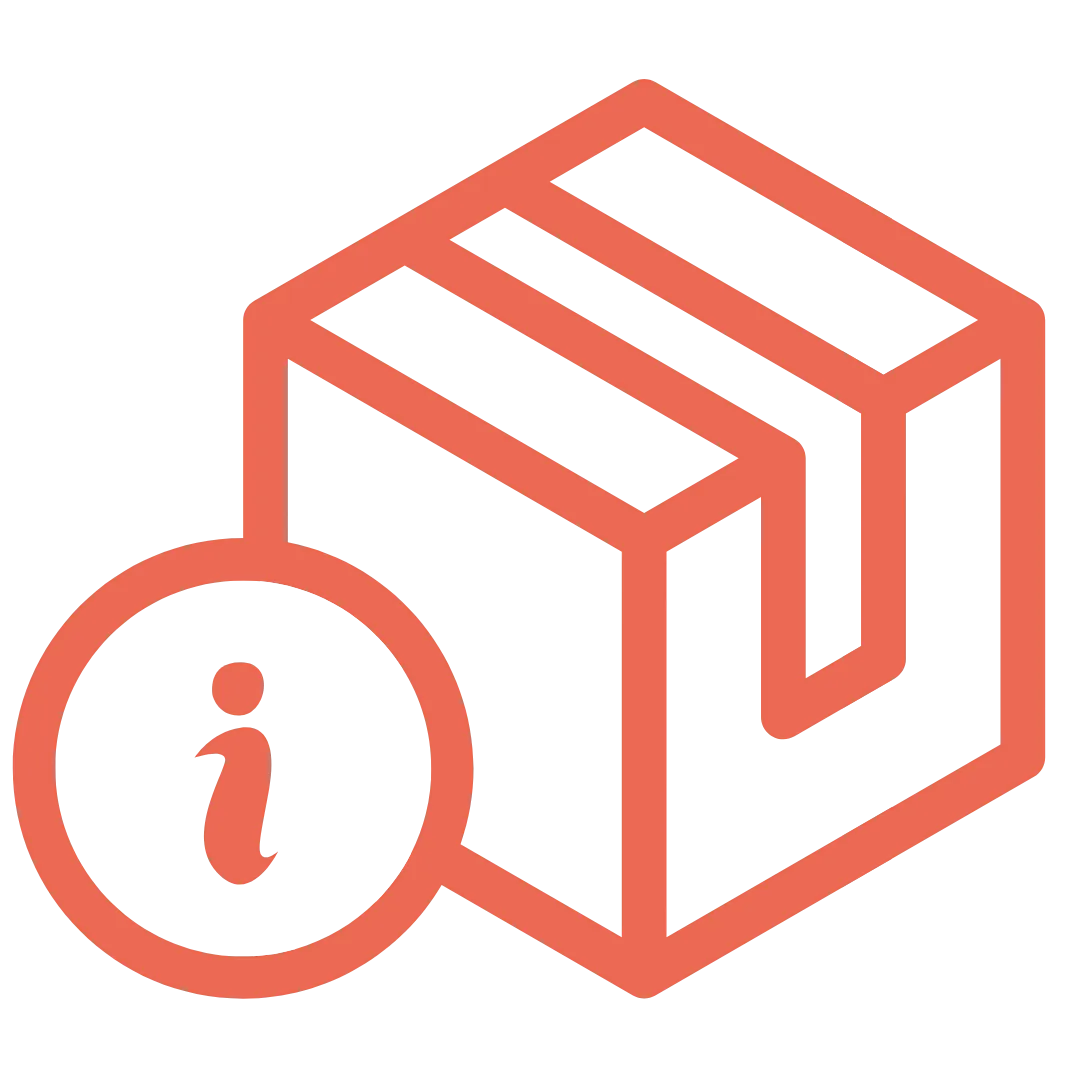
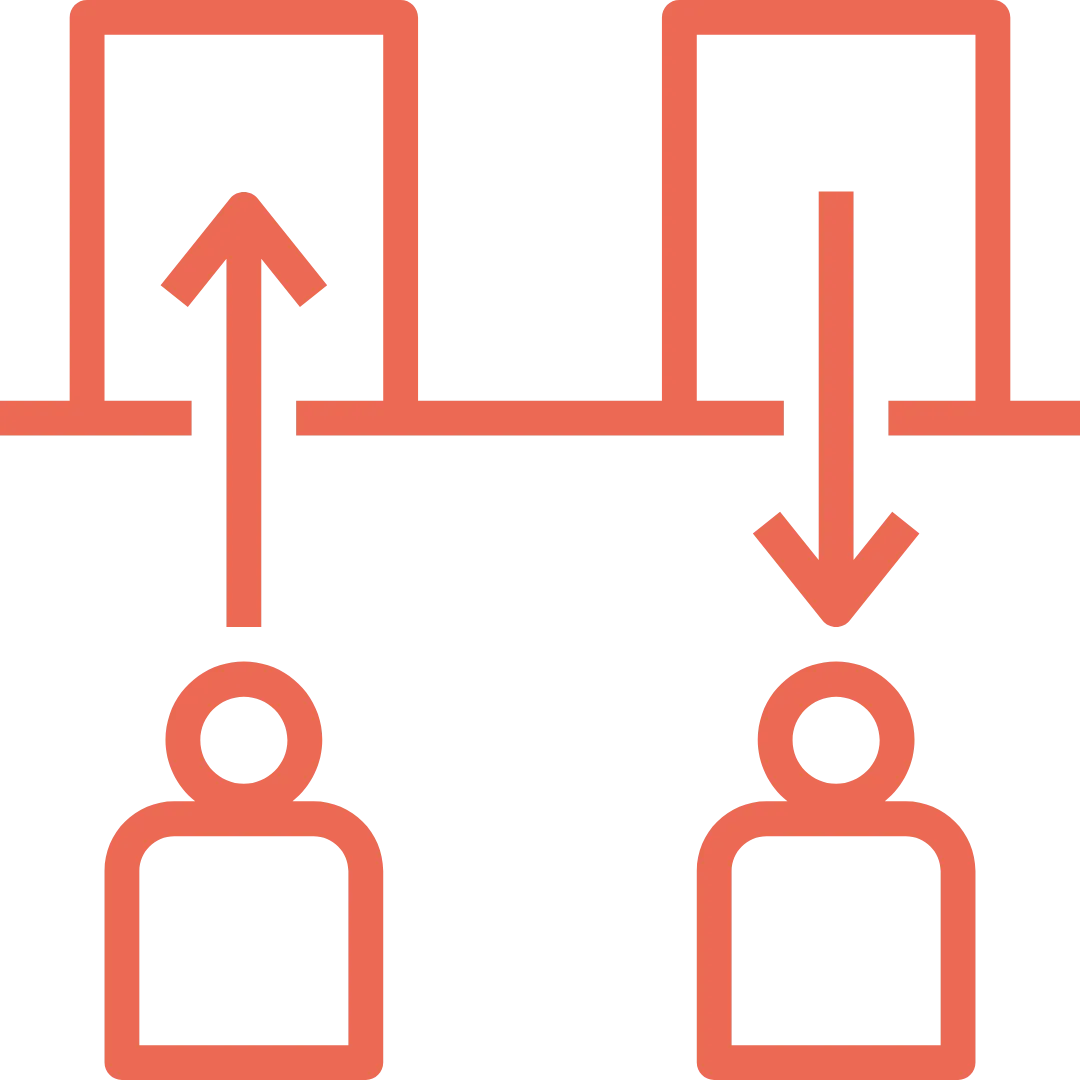
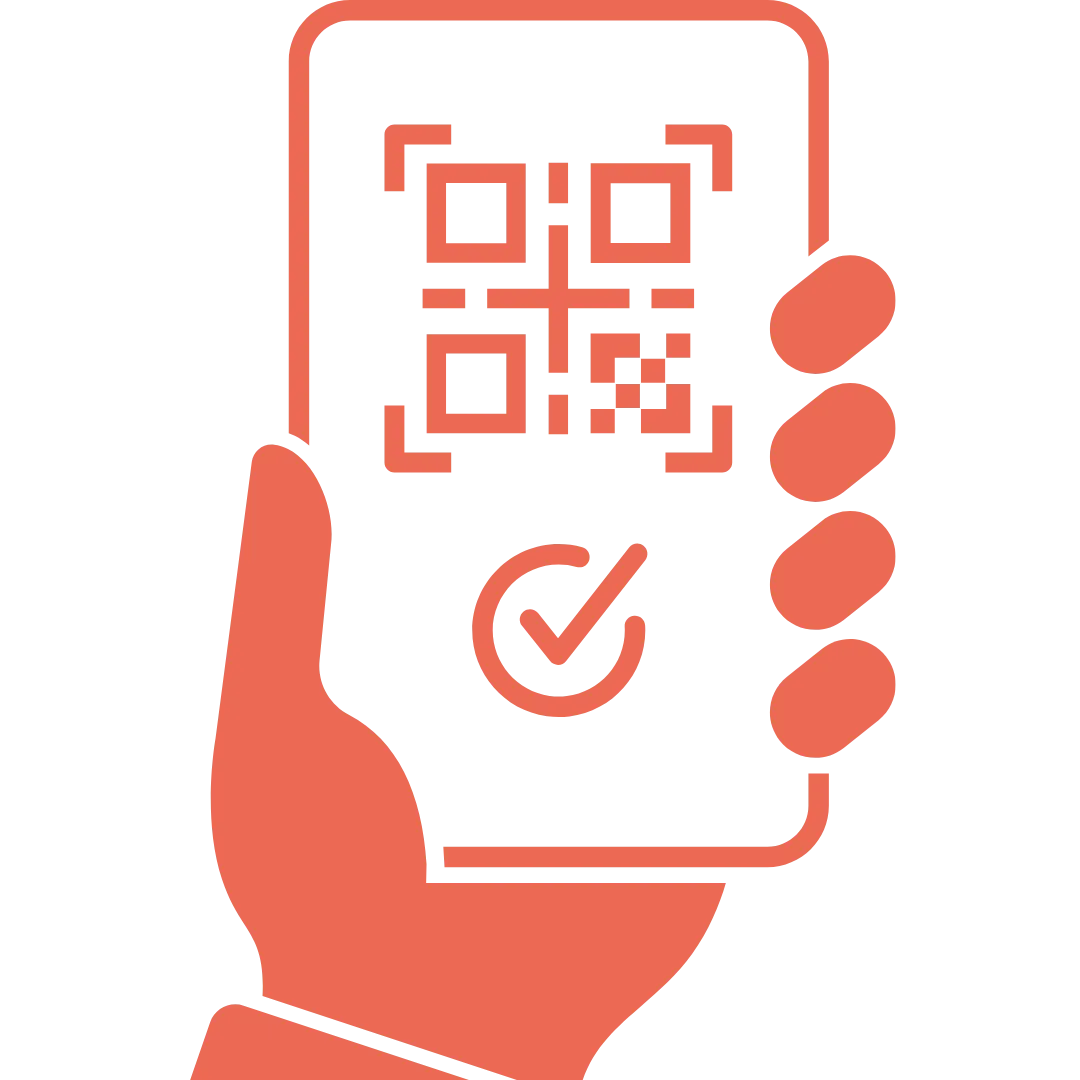
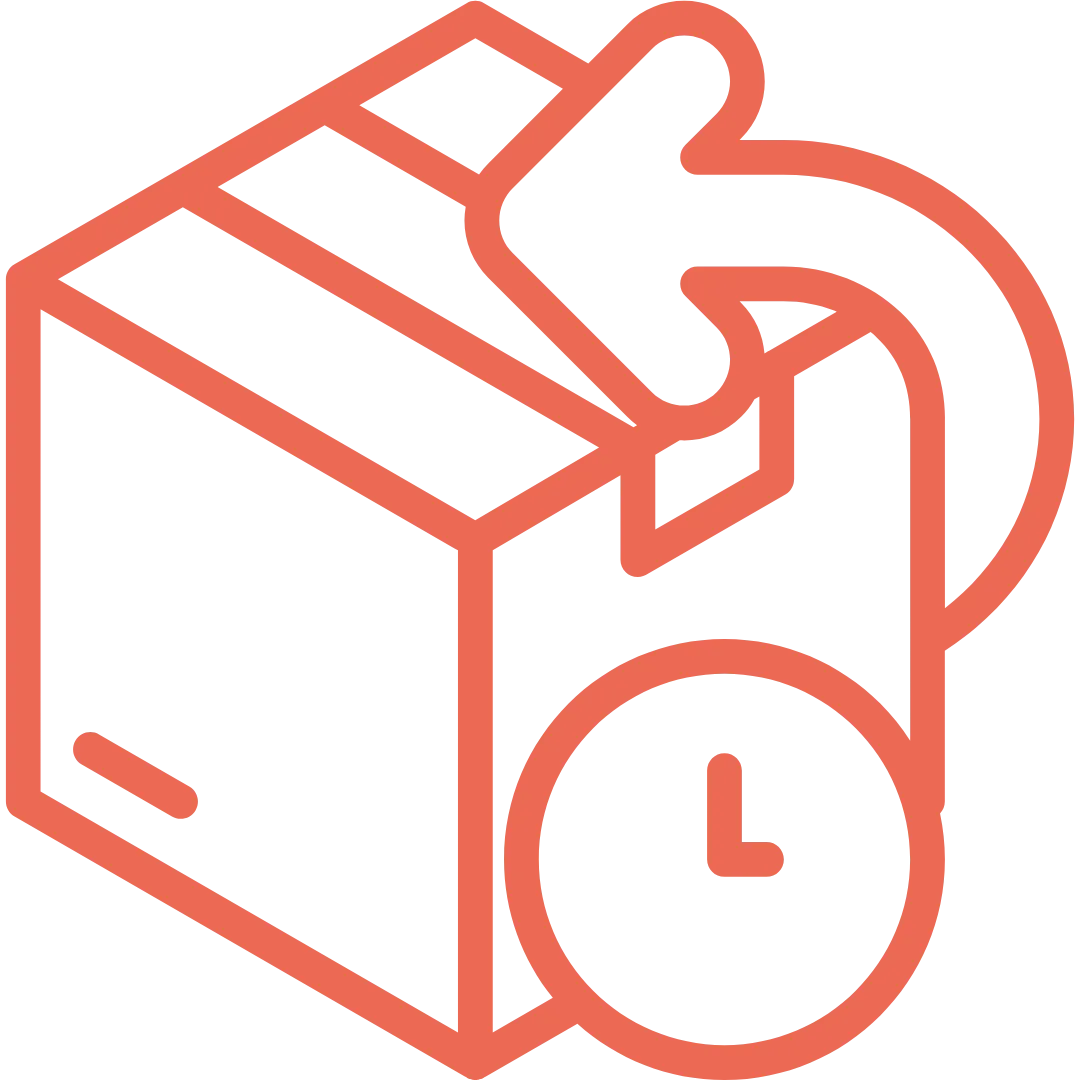




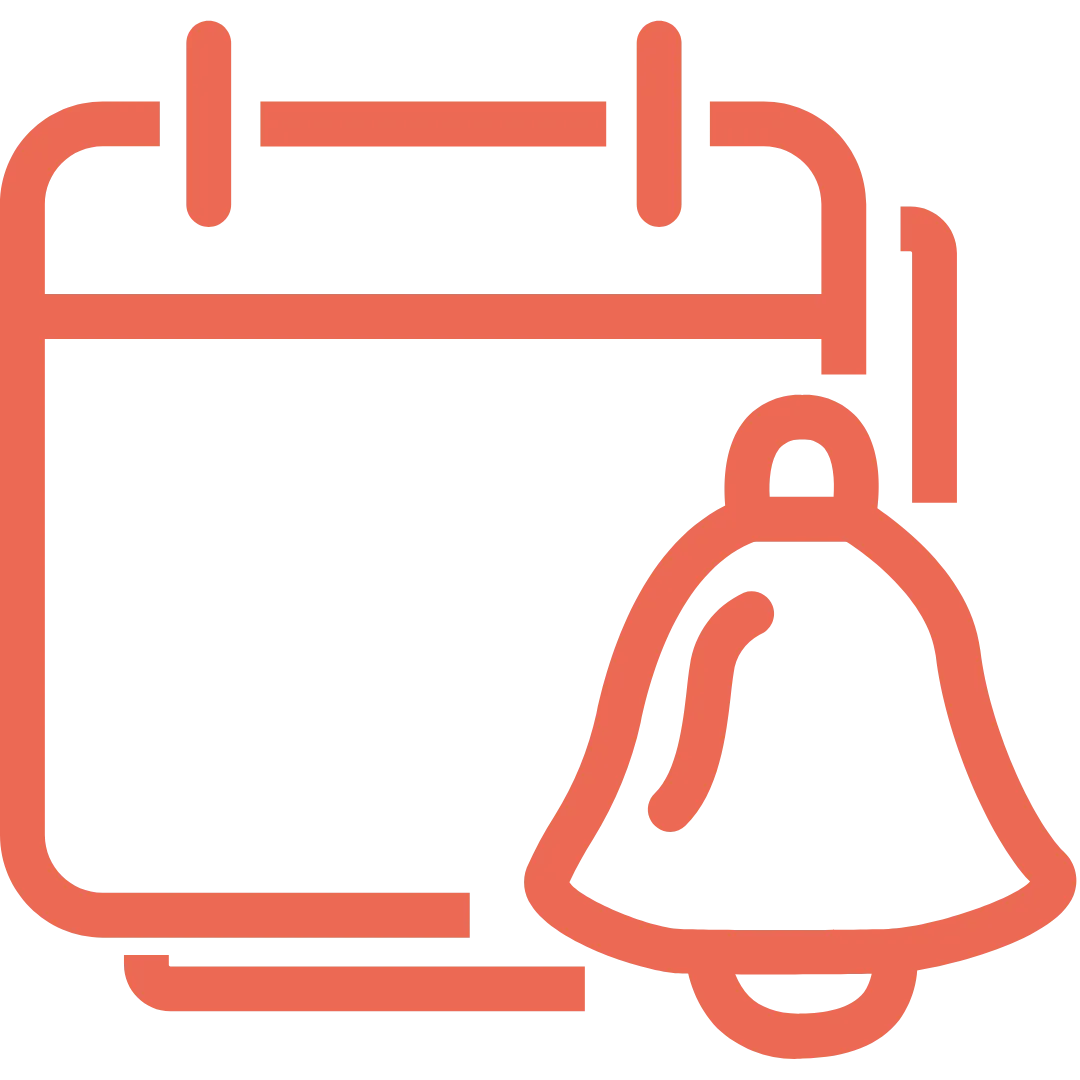
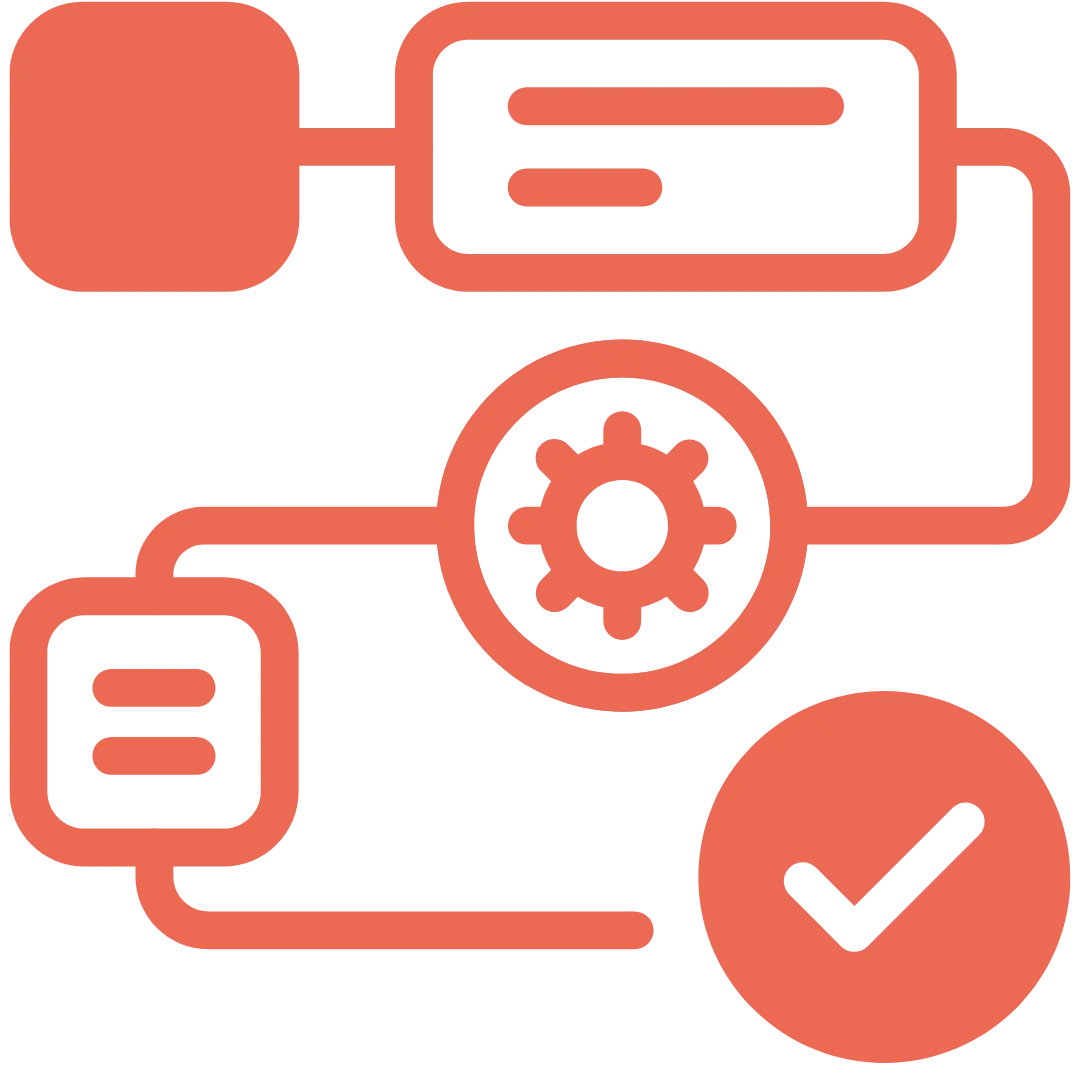
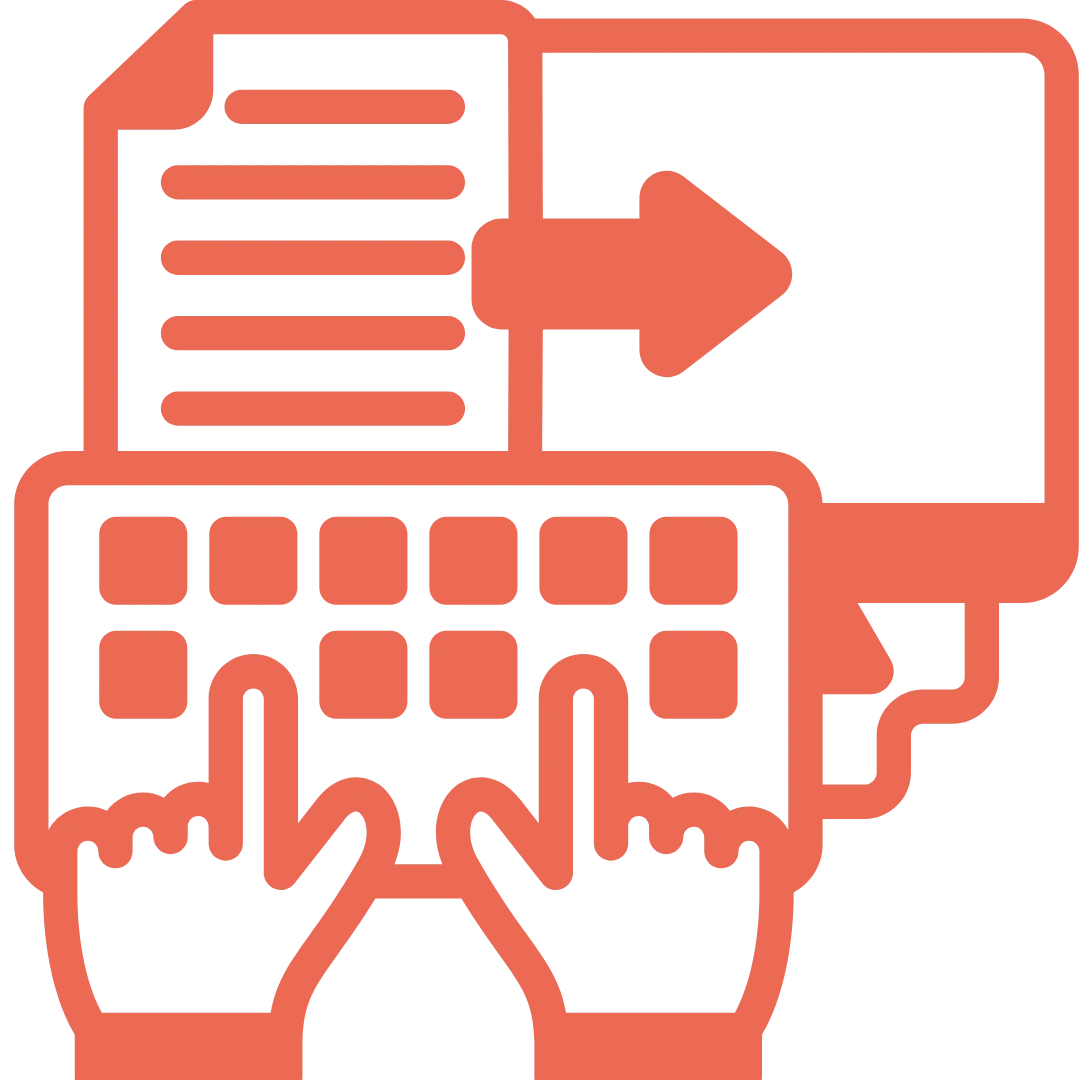
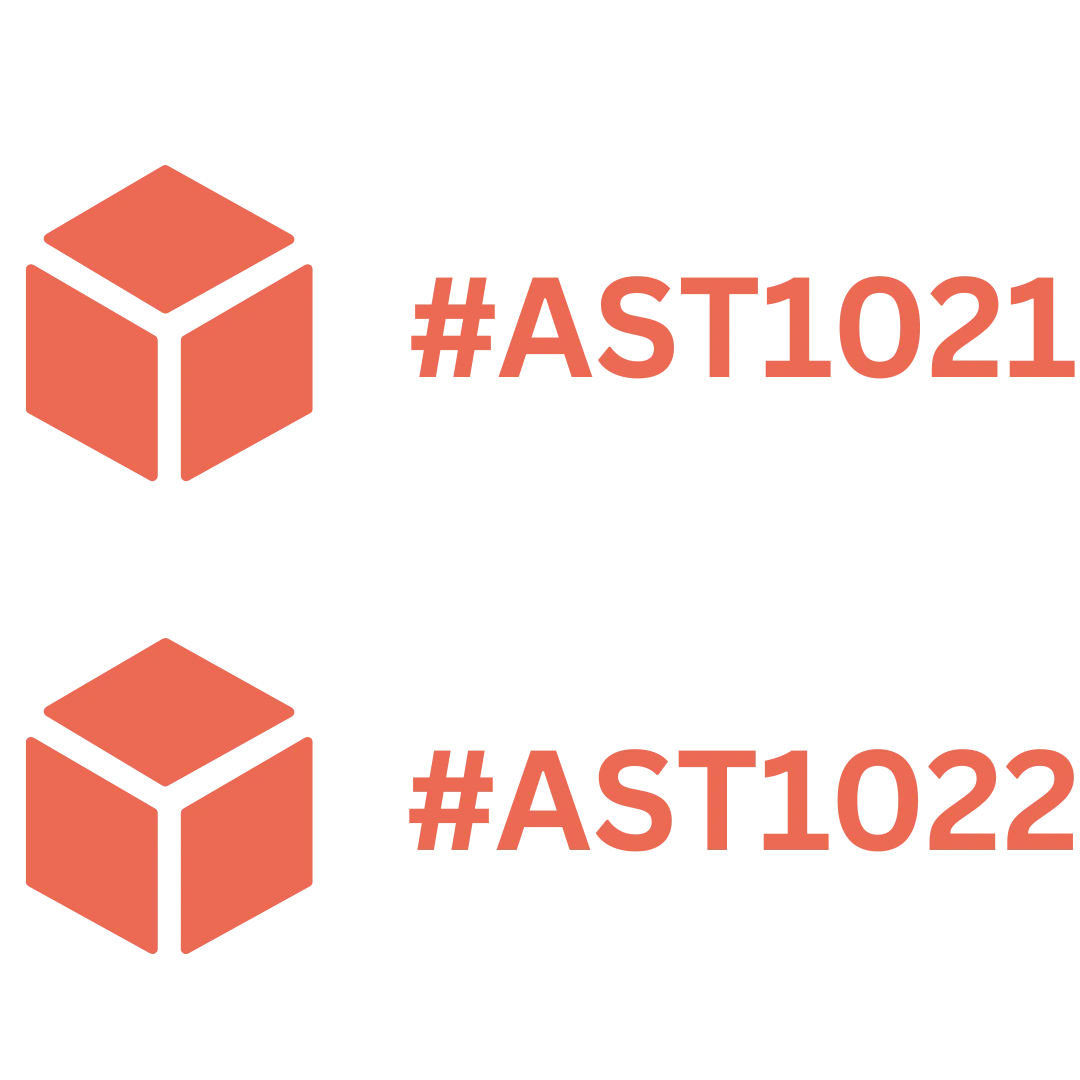
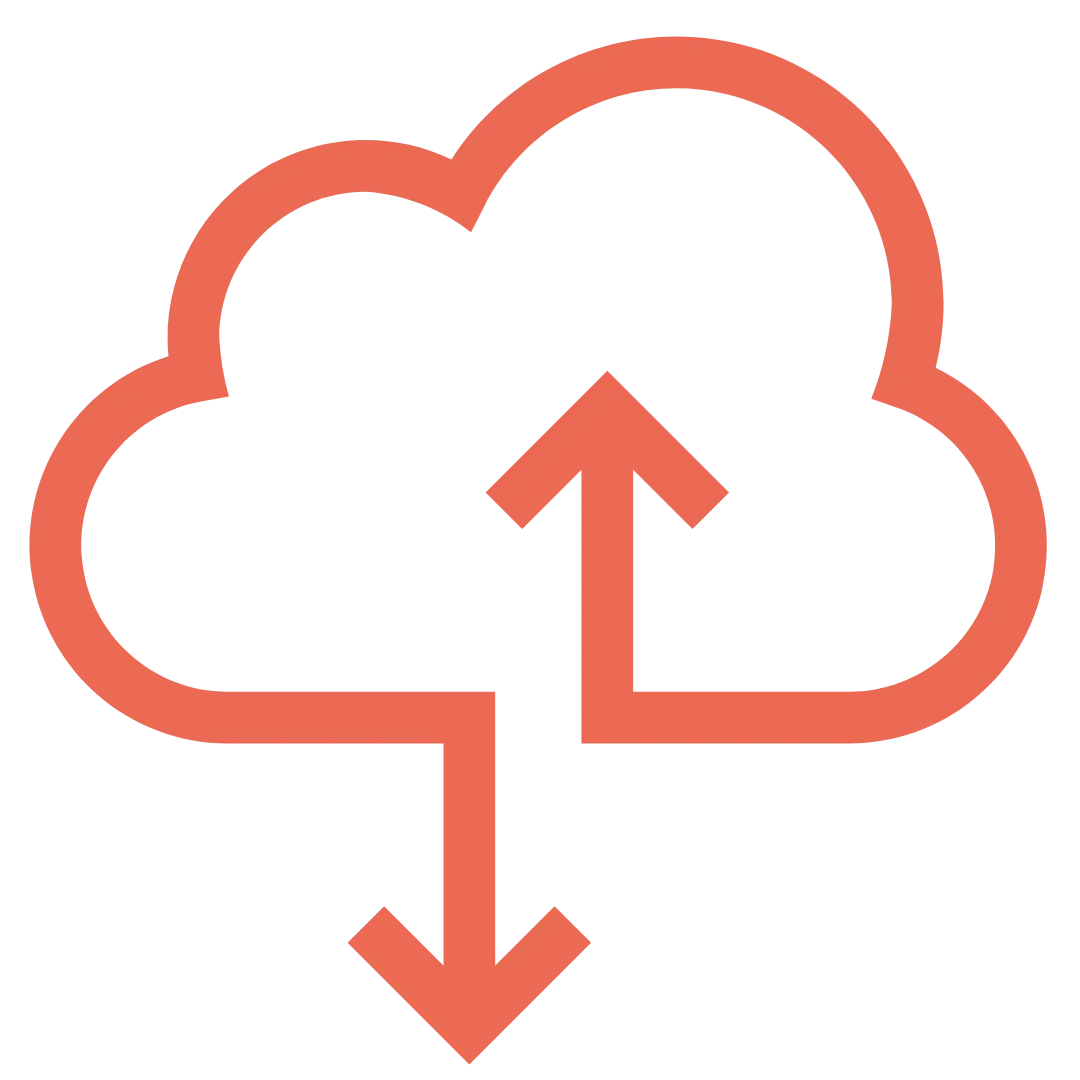
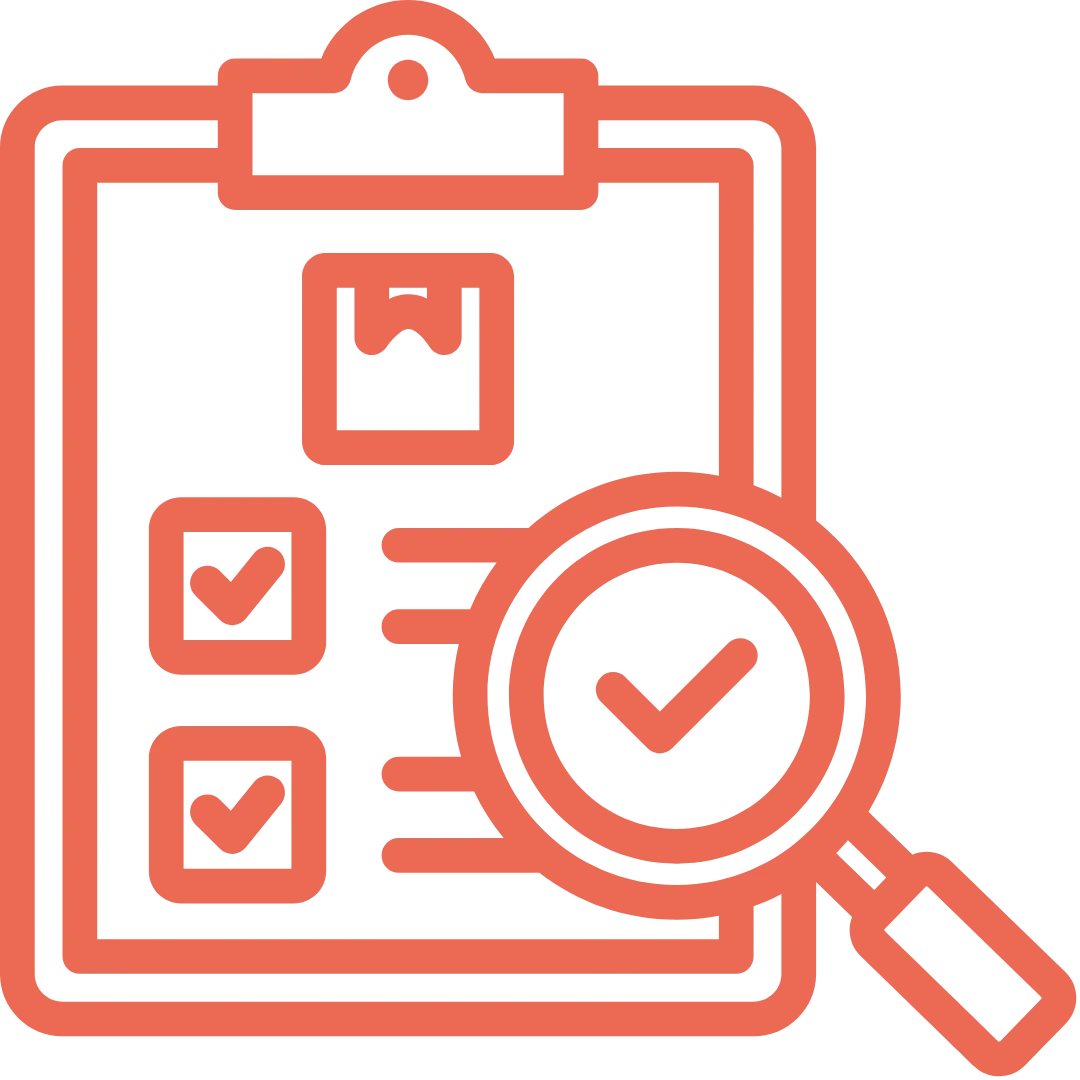


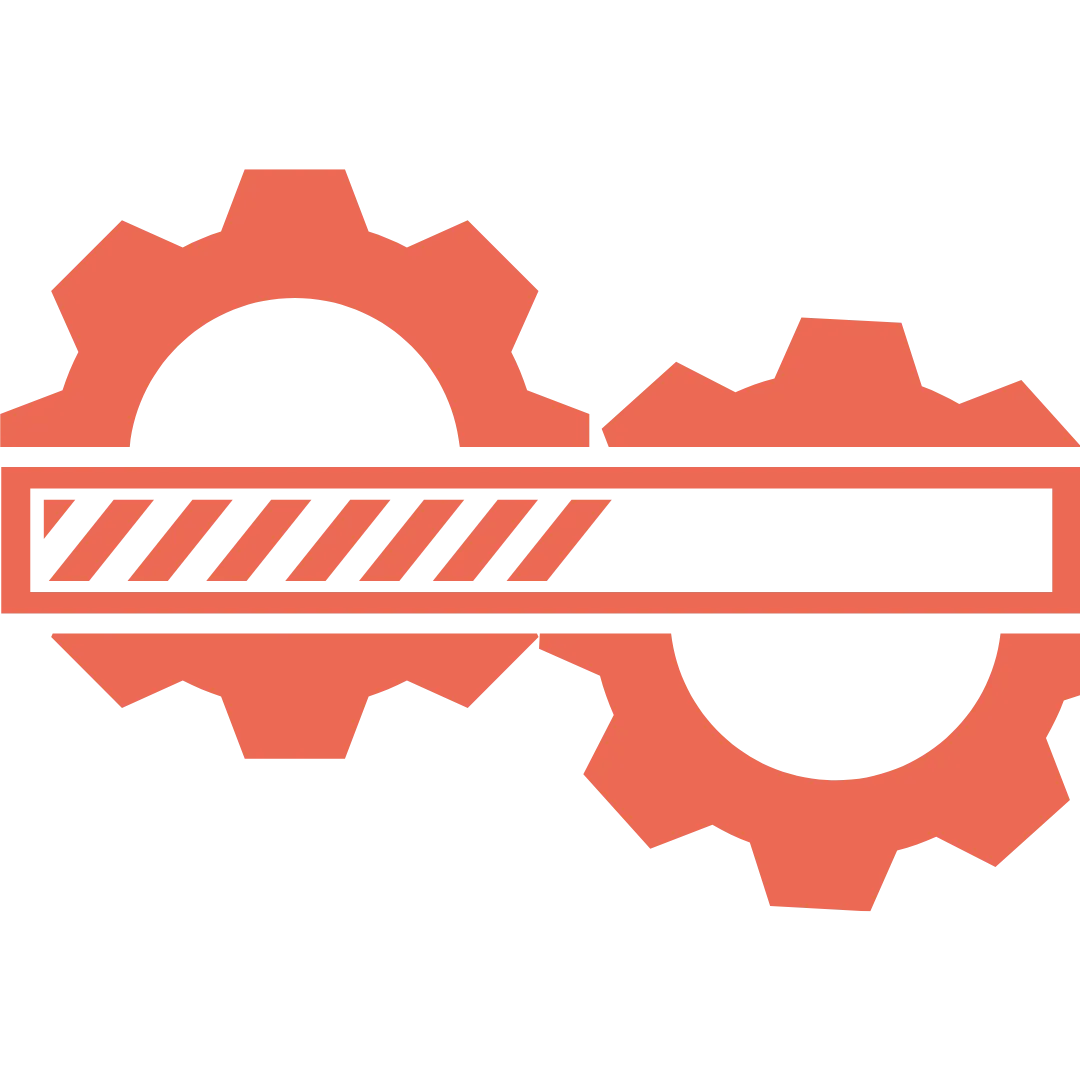
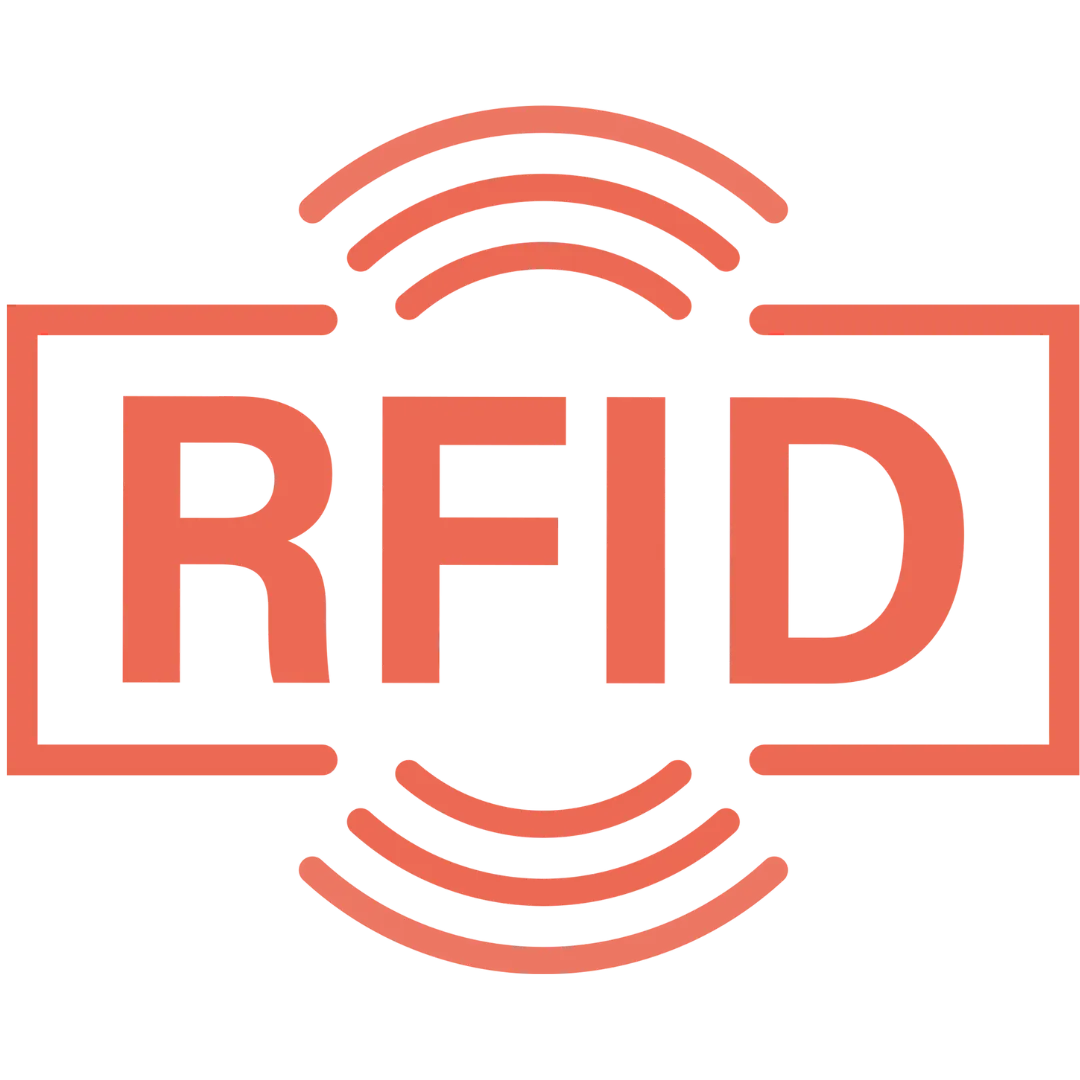

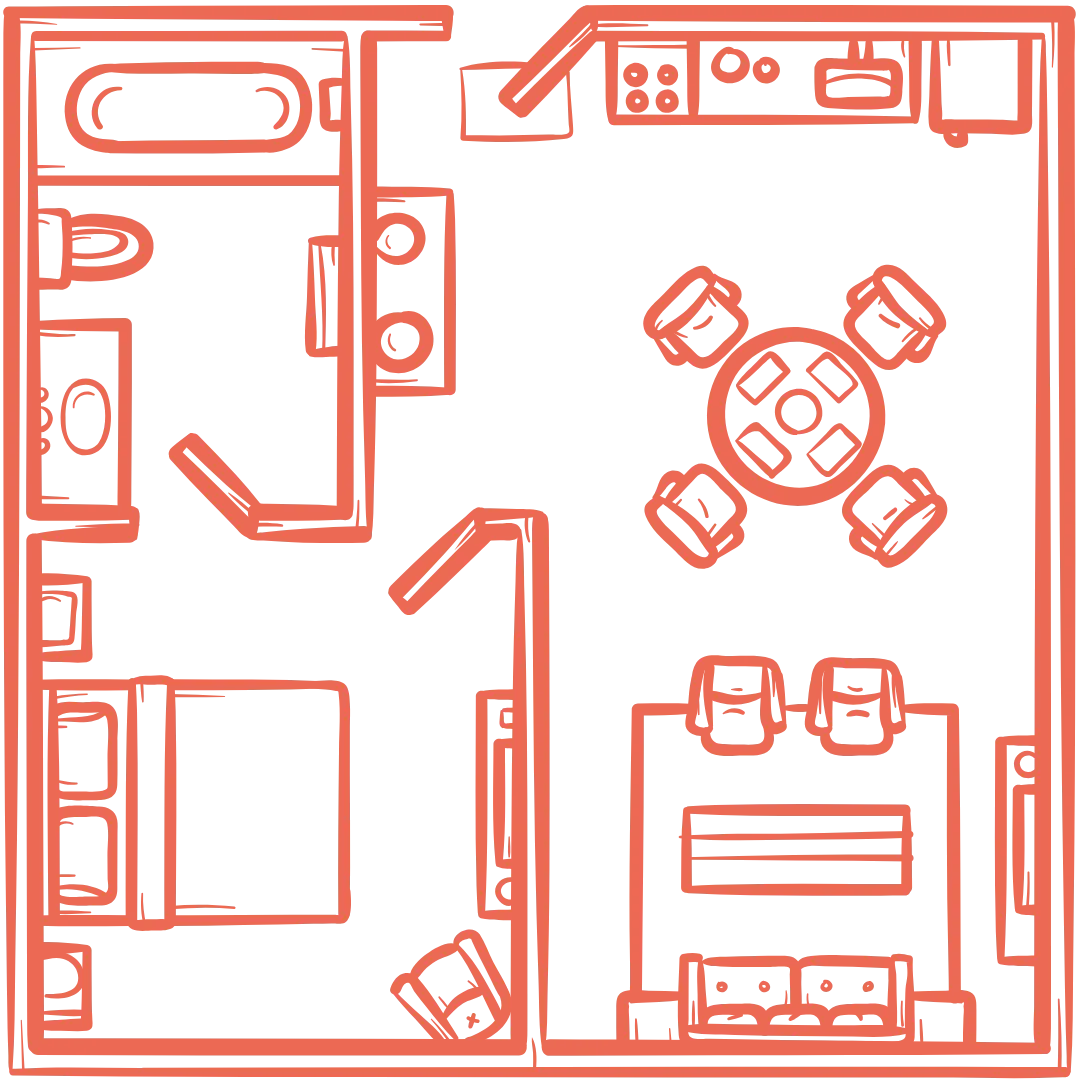




























.webp)
.webp)
.webp)
.webp)
.webp)
.webp)
.webp)
.webp)
.webp)

.svg)




.webp)
.webp)
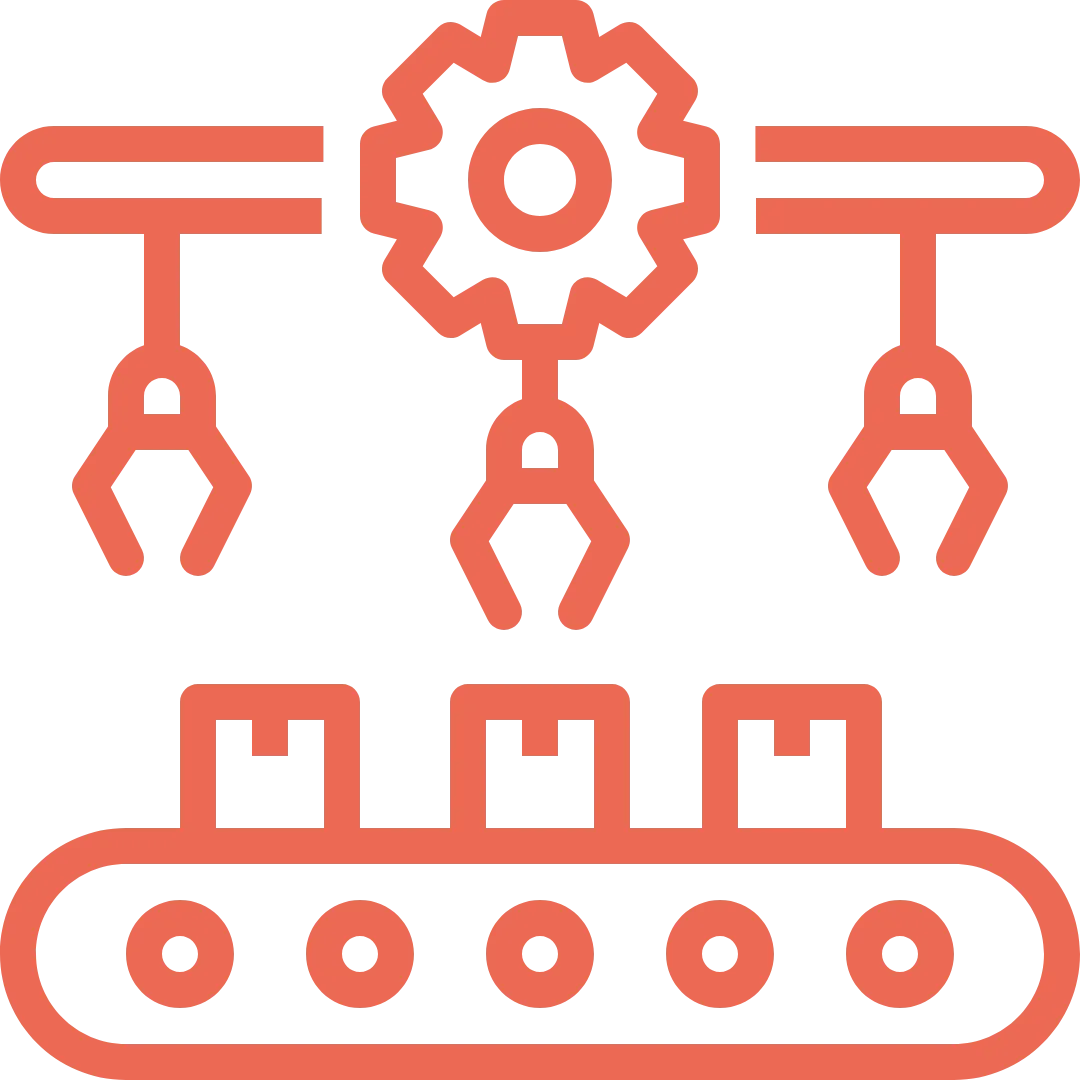





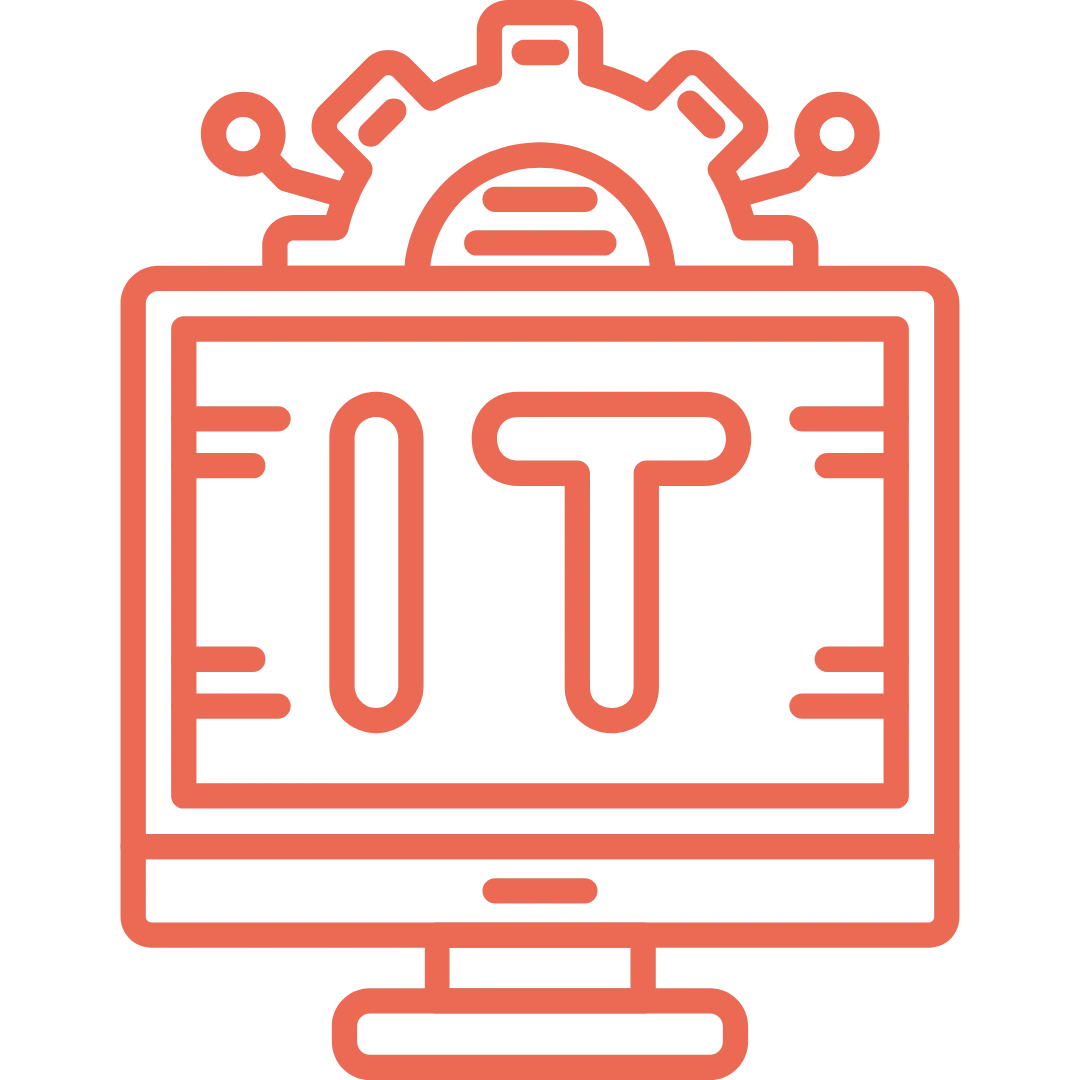






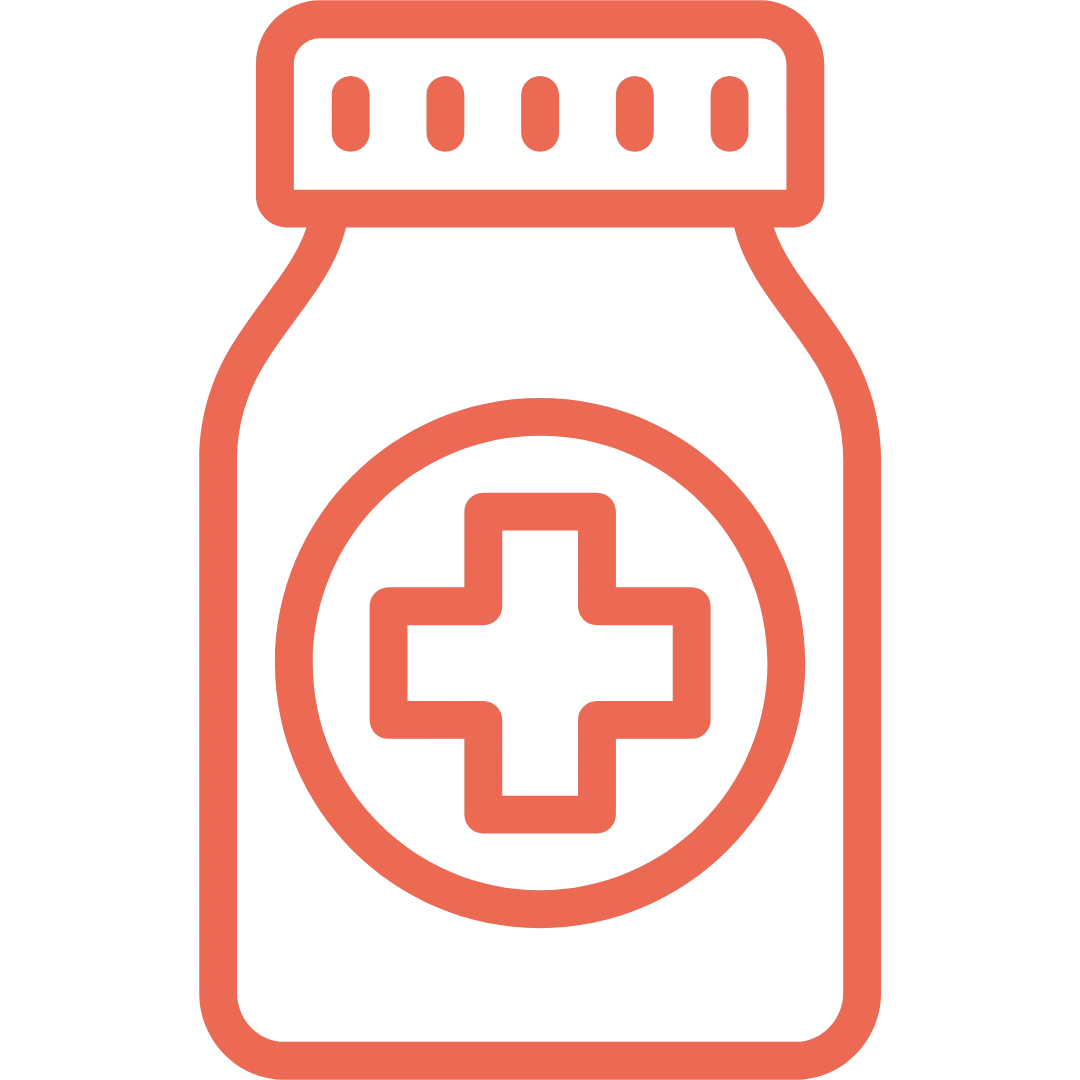
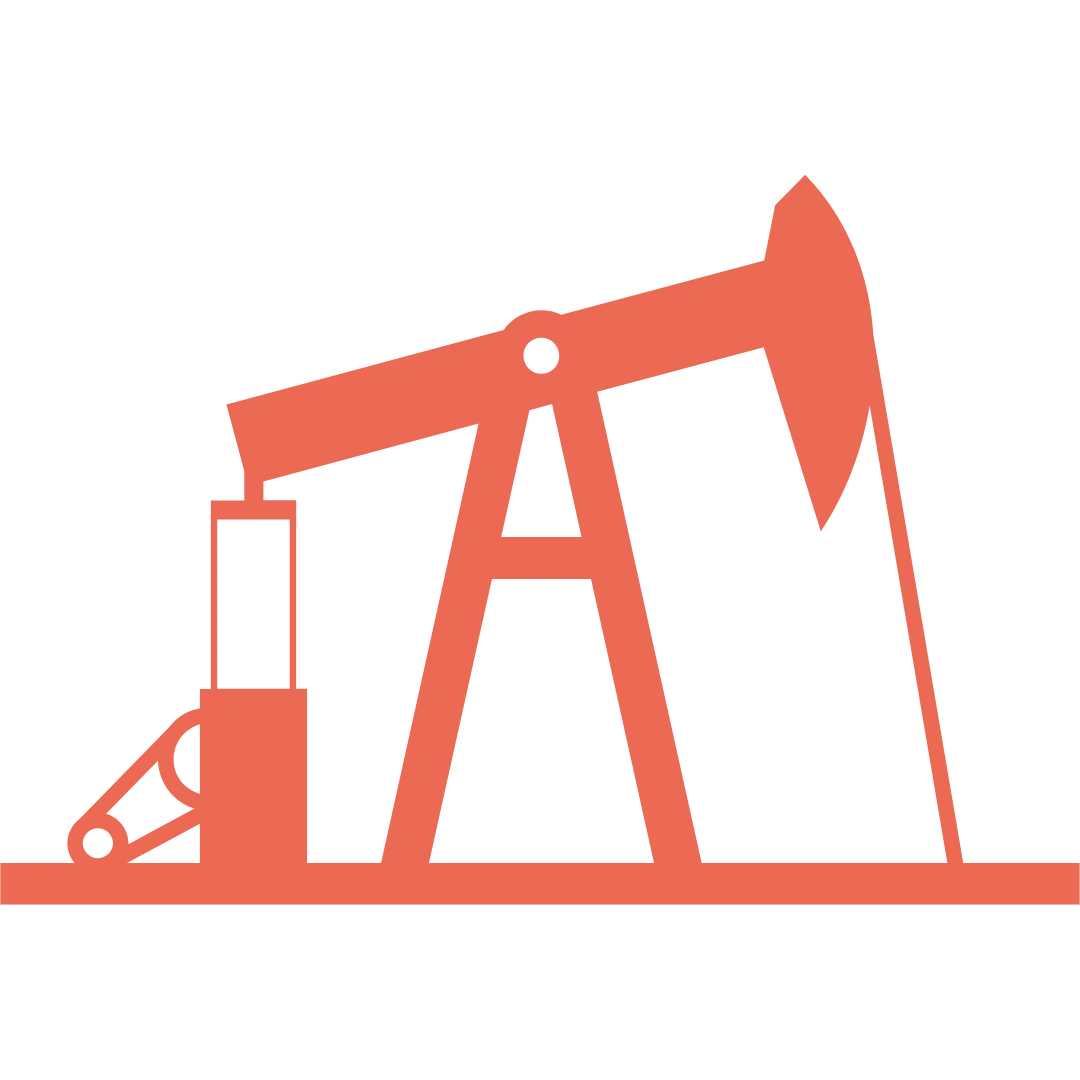


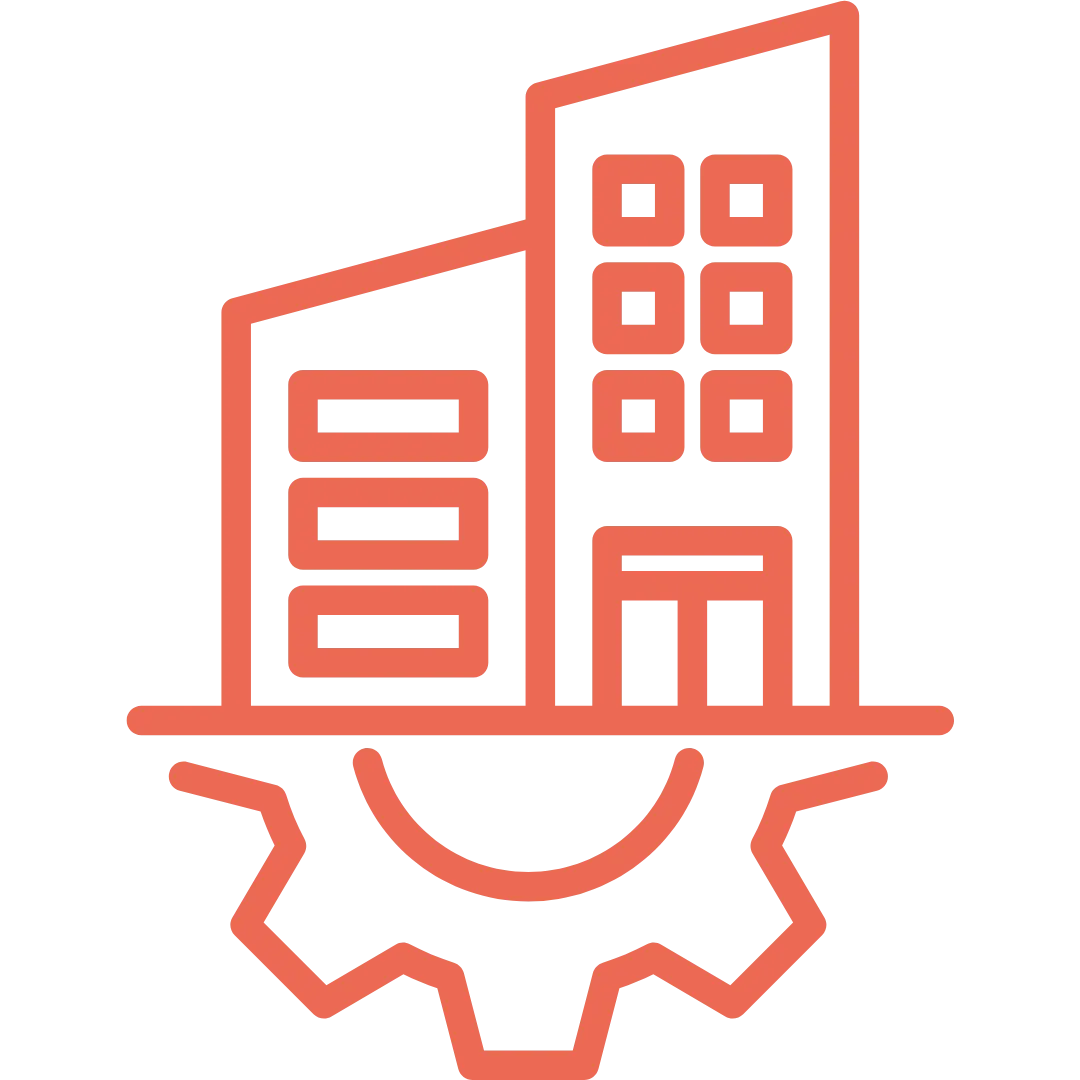

























.png)

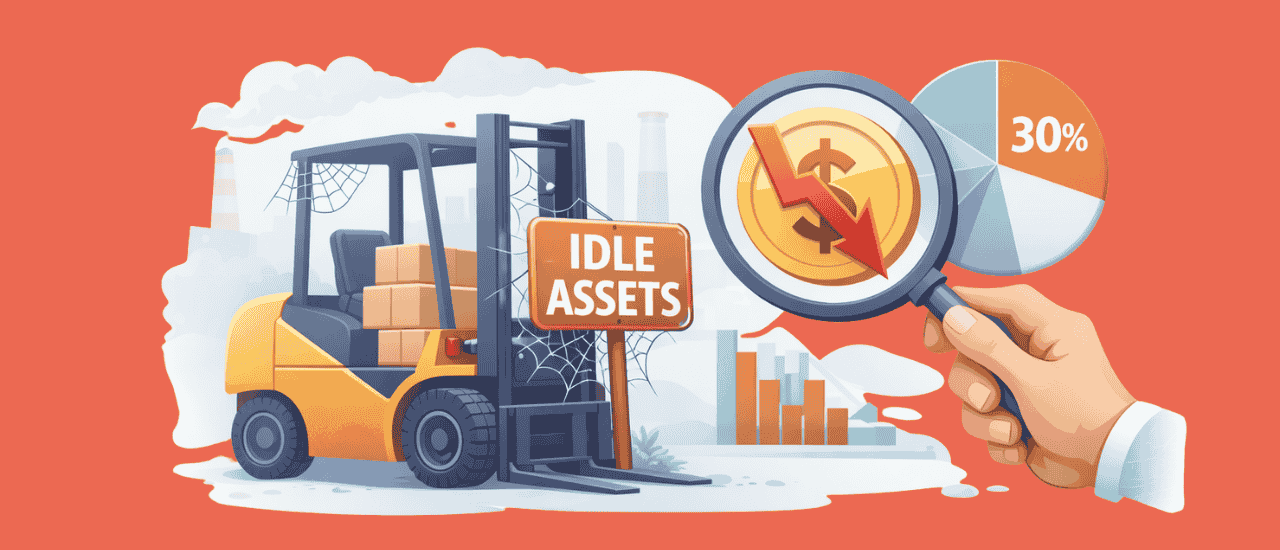

.webp)


















